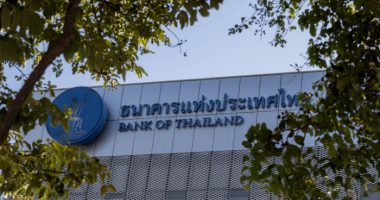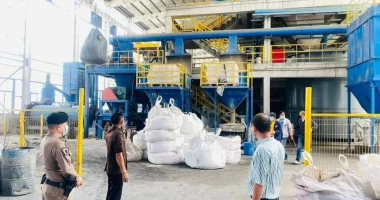Importance of Emergency Preparedness in Coastal Areas
In the wake of past disasters, particularly the devastating 2004 Indian Ocean tsunami, emergency preparedness has become a crucial focus for communities along Thailand’s coast. Regular drills and improved warning systems are essential to ensure the safety of residents and tourists alike. This article explores the importance of preparedness and the steps taken to enhance safety in vulnerable areas.
Lessons Learned from the 2004 Tsunami
The Impact of the Tsunami on Local Communities
The catastrophic tsunami that struck on December 26, 2004, resulted in significant loss of life and destruction, particularly in Phangnga’s Takua Pa district. Rajaprajanugroh 35 School, located near Bang Sak Beach, was completely devastated, prompting a complete overhaul of emergency protocols and infrastructure to safeguard against future disasters.
Changes Implemented for Safety
Following the tragedy, the school was rebuilt with enhanced safety measures, including relocating classrooms to higher ground and placing dormitories on upper floors. These changes aim to protect students and staff from potential tsunamis while ensuring that educational activities can continue uninterrupted.
Strengthening Community Resilience
Rajaprajanugroh 35 School is part of the Strong Schools project initiated by the United Nations Development Programme (UNDP) in collaboration with various local agencies. This initiative focuses on empowering schools to develop their own emergency response plans and improve overall disaster readiness.
Emergency Supplies and Drills
The school has stocked essential emergency supplies, including food and water, and established a farm for livestock. Regular tsunami evacuation drills are conducted, which can also be adapted for other emergencies such as floods or mass shootings. These proactive measures aim to create a model for disaster preparedness within the community.
Personal Stories of Survival and Resilience
Tawan Sai-on’s Journey
Tawan Sai-on, a resident of Takua Pa district who lost most of his family during the tsunami, has dedicated his studies to Risk and Disaster Management. Now in his final year at university, he aspires to use his knowledge to help his hometown better prepare for future disasters.
The Need for Improved Warning Systems
Current Challenges in Evacuation Alerts
While evacuation signs and sirens are in place to warn residents of potential tsunamis, Tawan emphasizes that tourists may not be familiar with the area and require clearer guidance during emergencies. A more effective warning system is essential to ensure everyone can reach safety in time.
Expert Recommendations for Enhanced Preparedness
Professor Pennung Warnitchai from the Earthquake Research Centre of Thailand stresses the importance of boosting disaster preparedness due to active fault lines in the region. He advocates for regular reviews of government guidelines and improvements to existing warning systems.
Technological Solutions for Better Alerts
To enhance public safety, experts recommend developing text notification systems through cellular networks to quickly inform residents and tourists about impending disasters. This approach would complement existing siren systems but provide broader coverage beyond a one-kilometer radius.
Preparing for Future Disasters
As Thailand reflects on its past experiences with natural disasters, it is clear that emergency preparedness is vital for survival along vulnerable coastlines. By investing in better warning systems, conducting regular drills, and fostering community resilience, Thailand can ensure that both residents and visitors are equipped to face potential disasters effectively. The lessons learned from past tragedies will guide ongoing efforts to create safer coastal environments for all.








